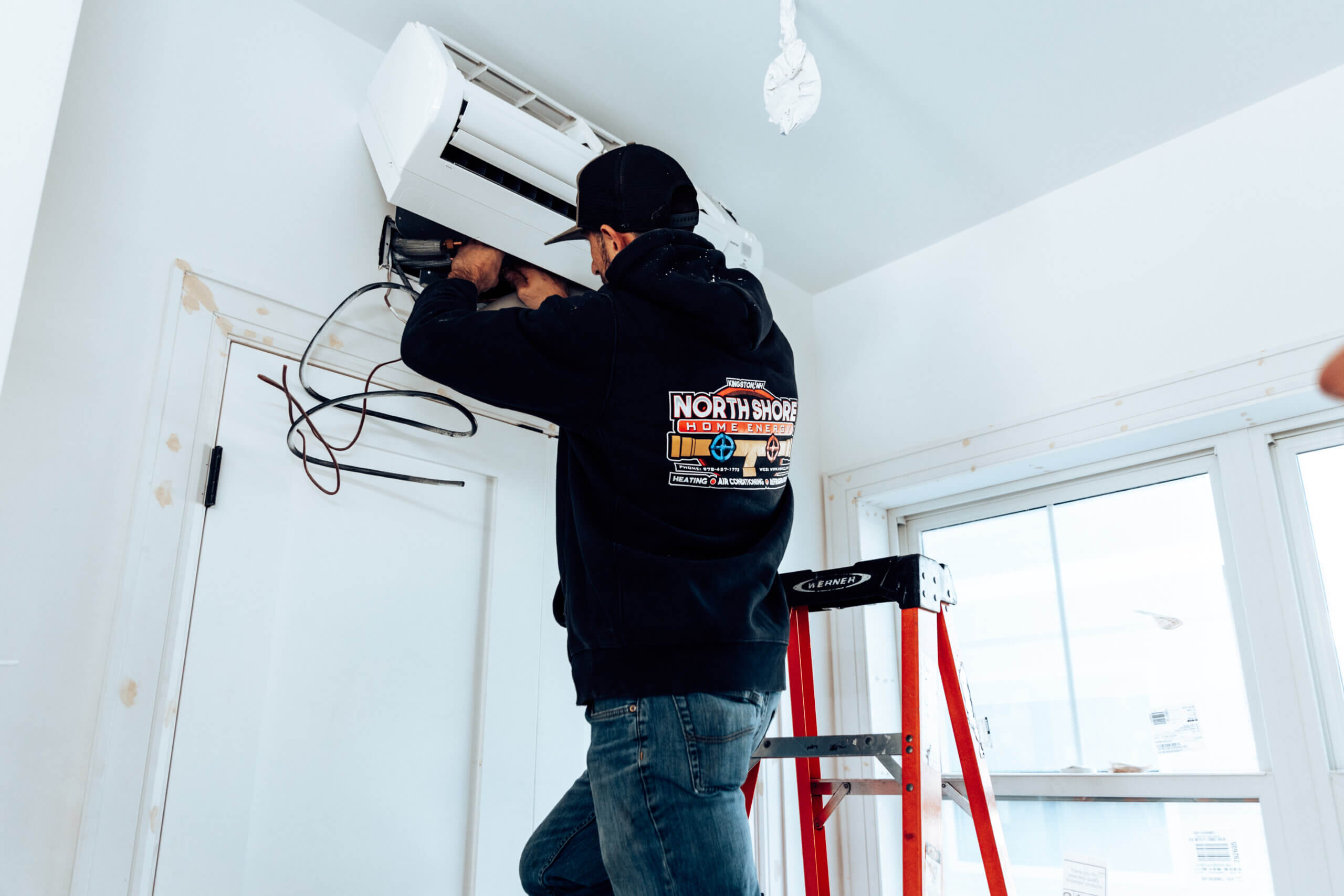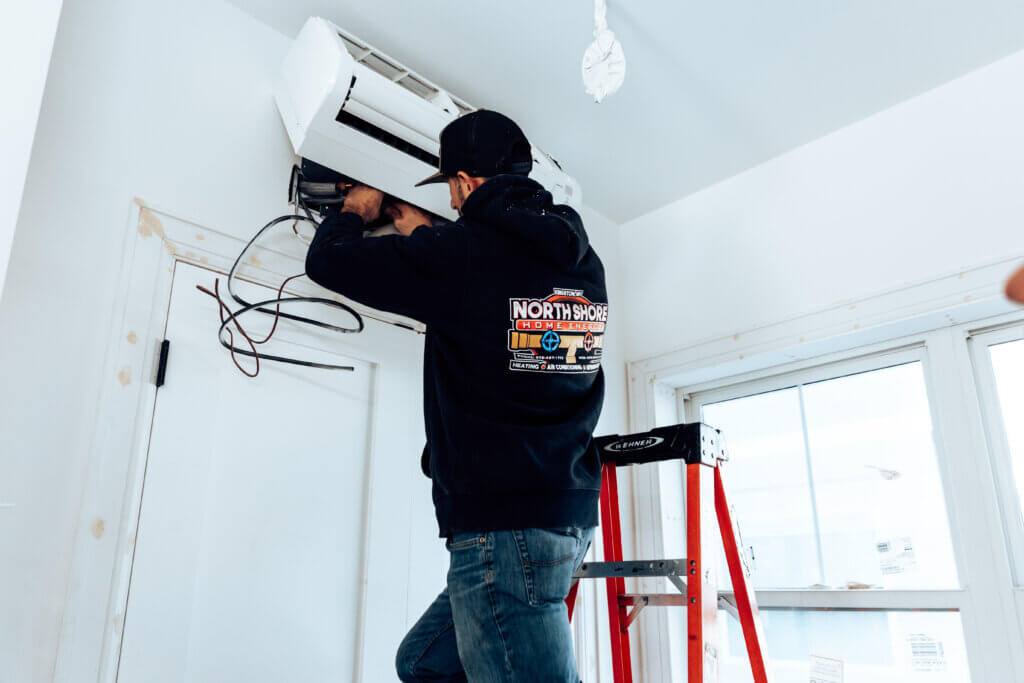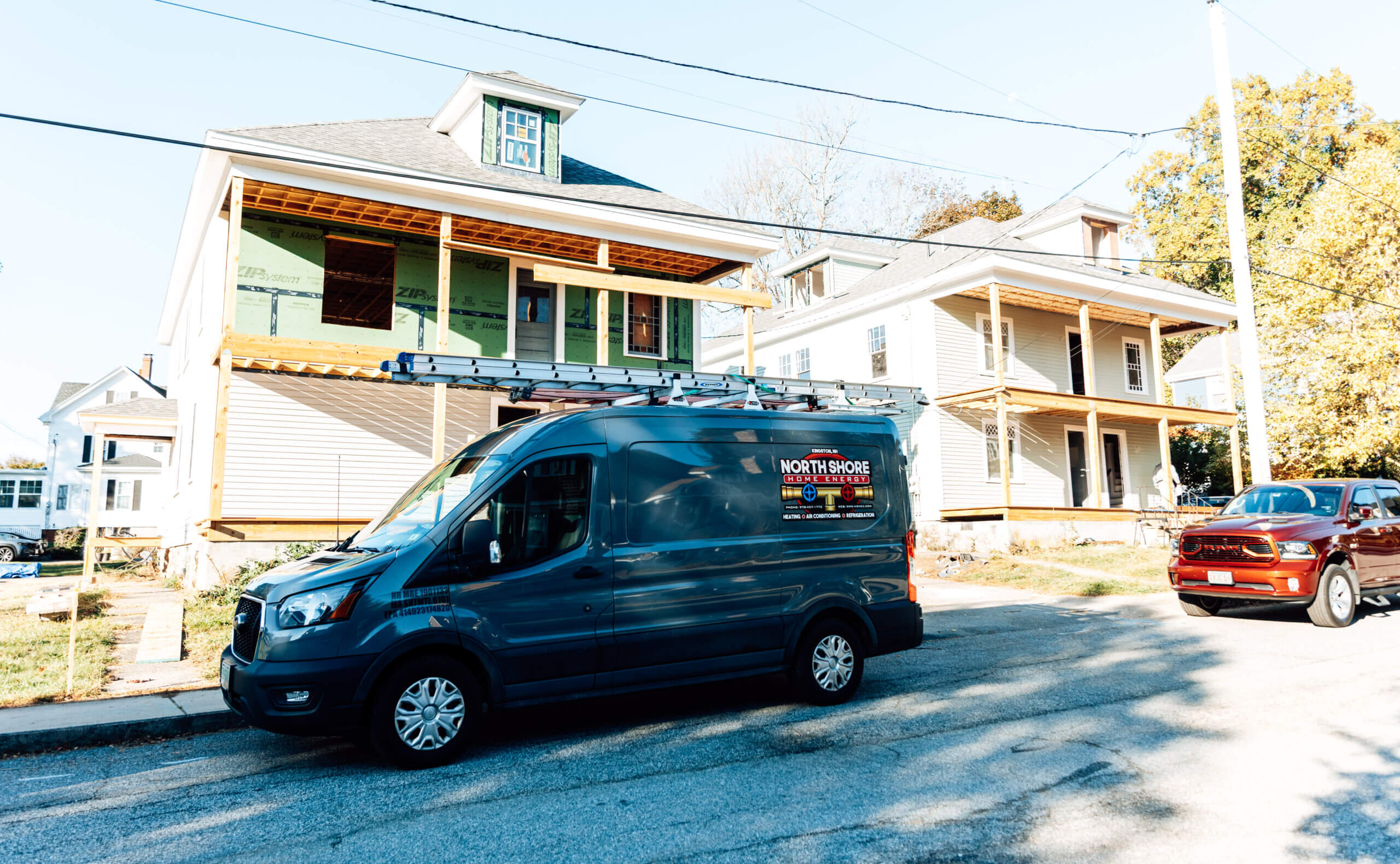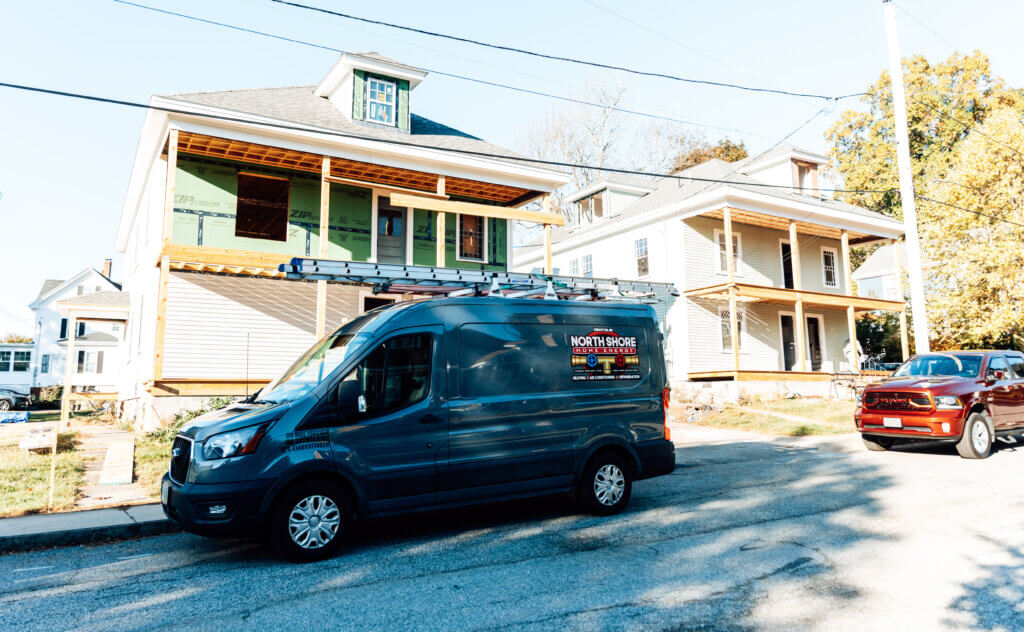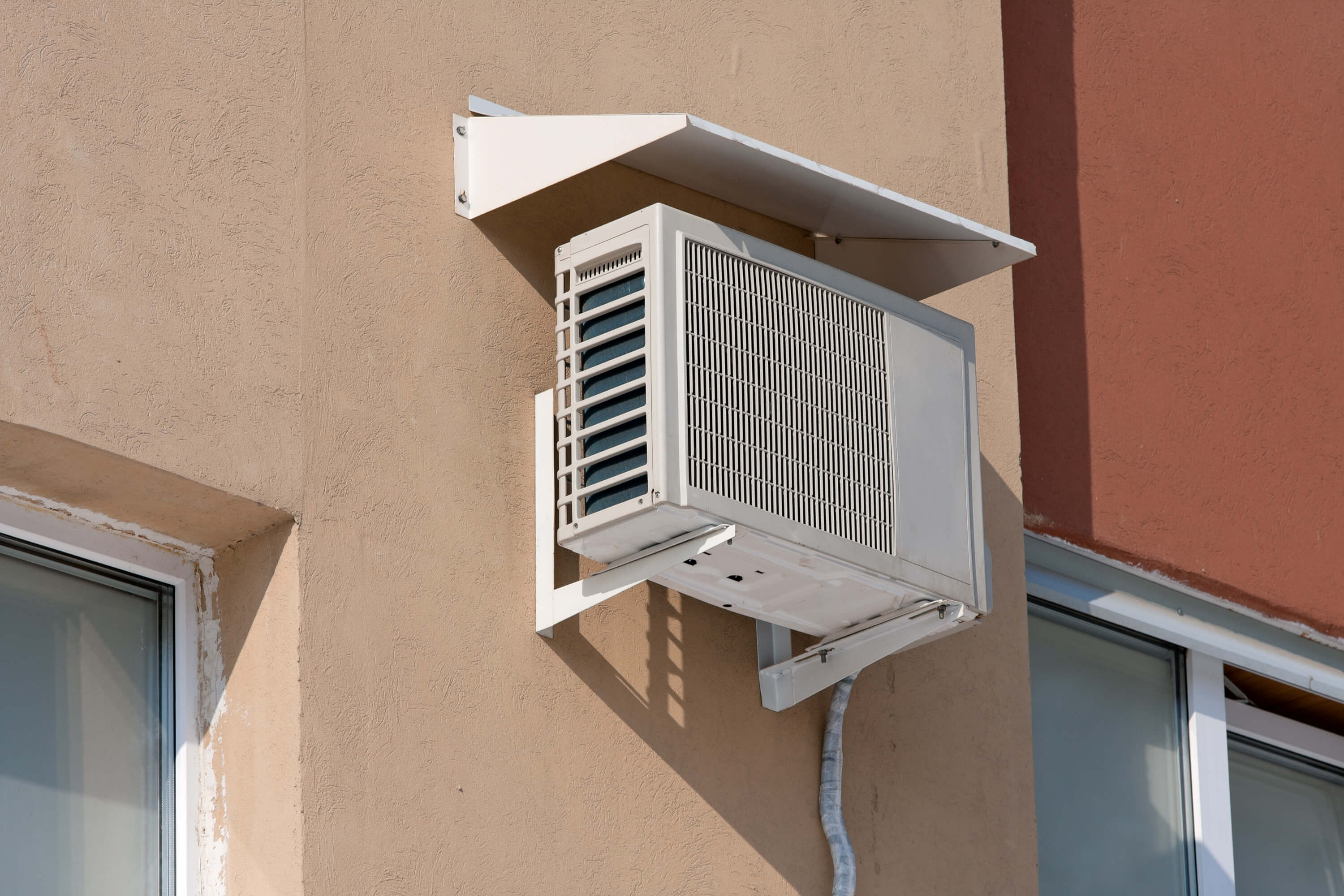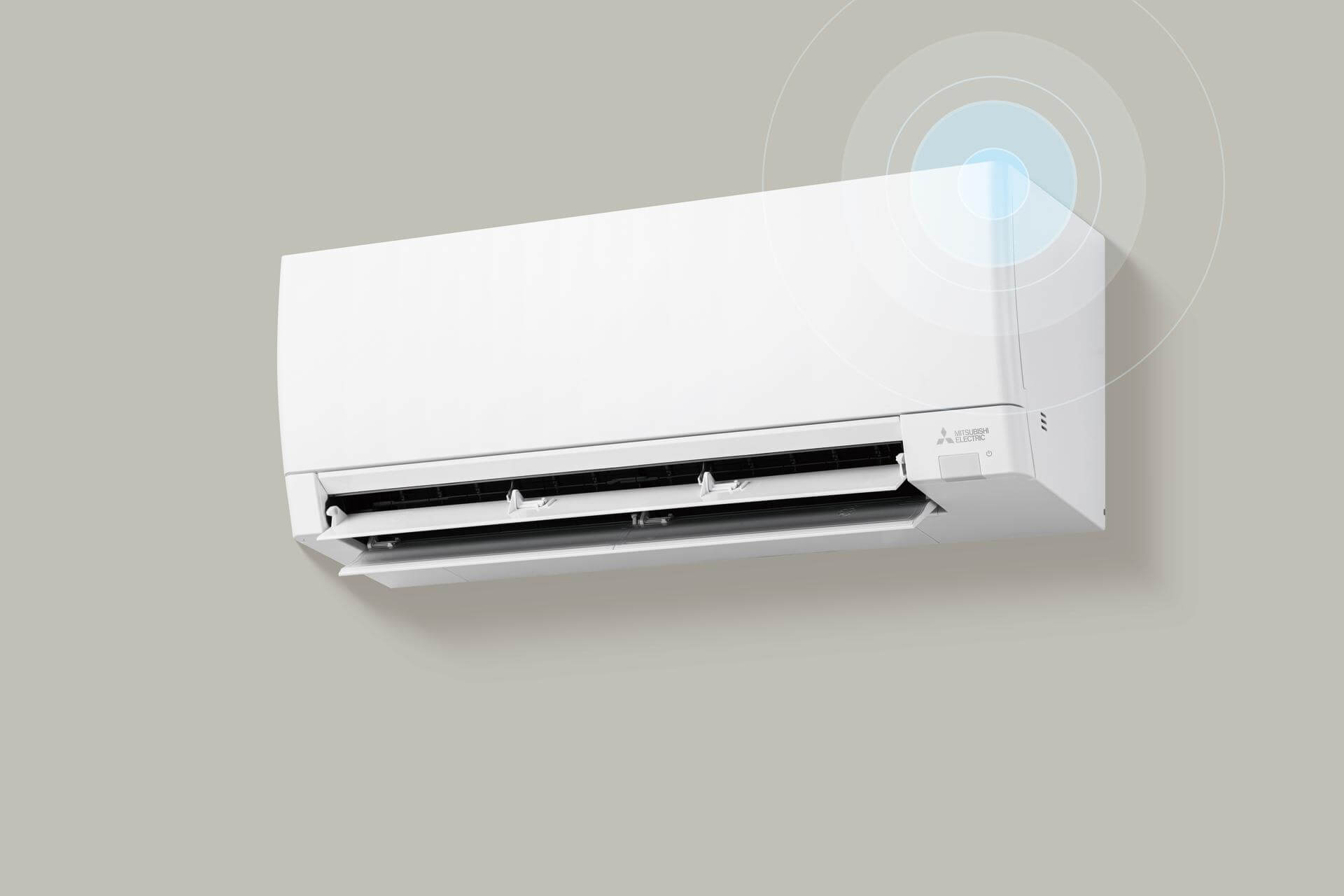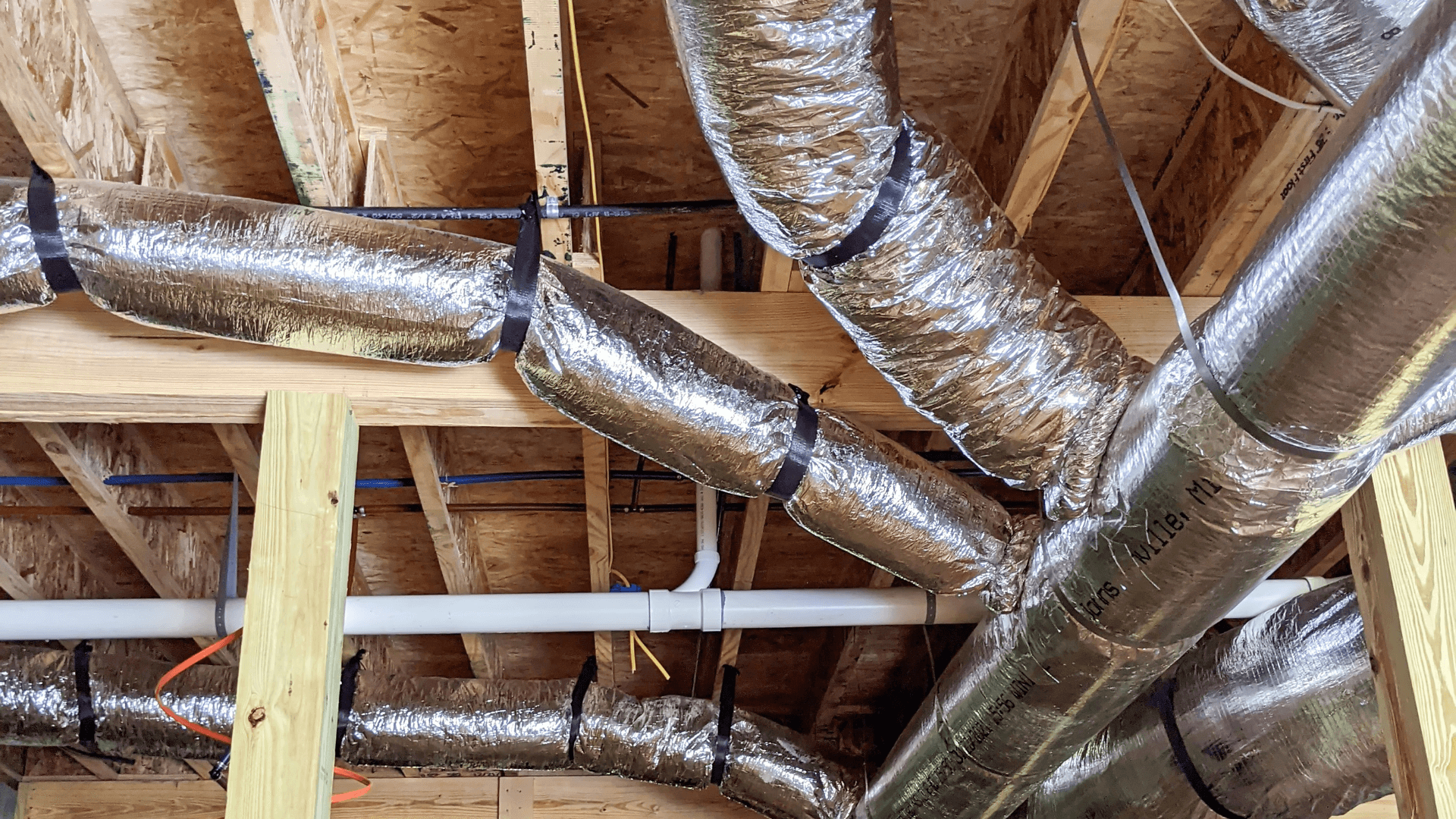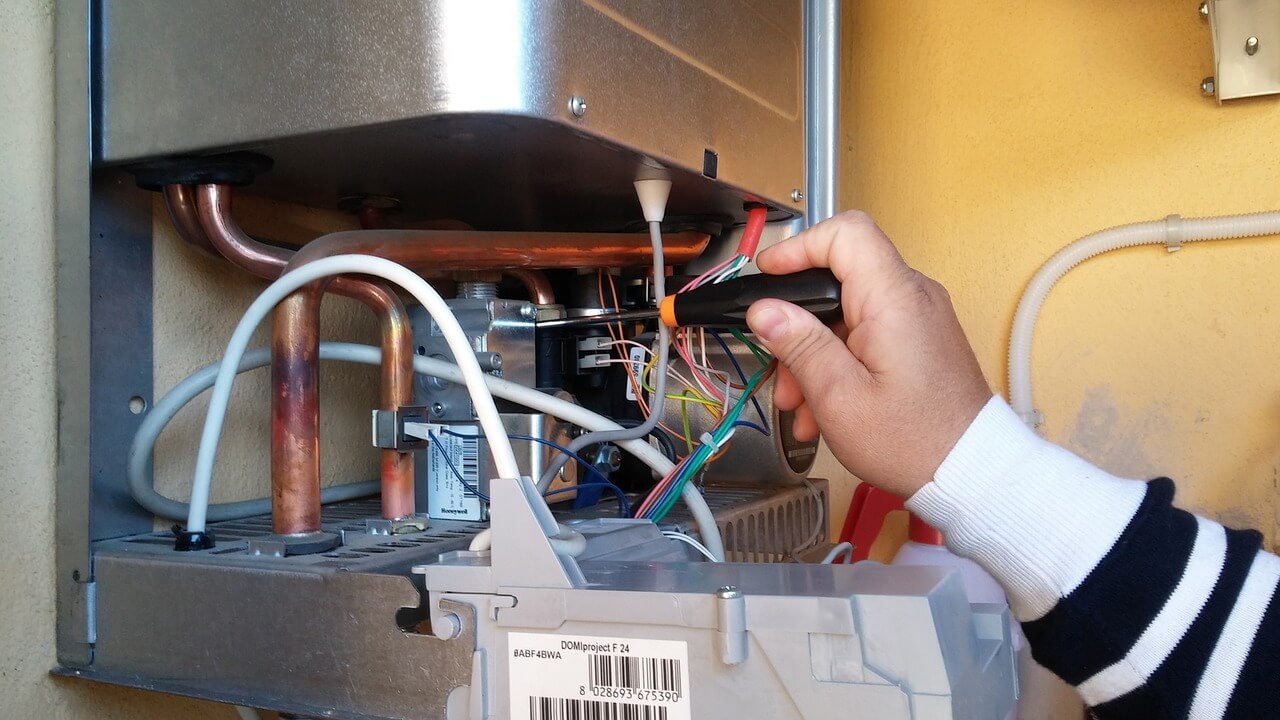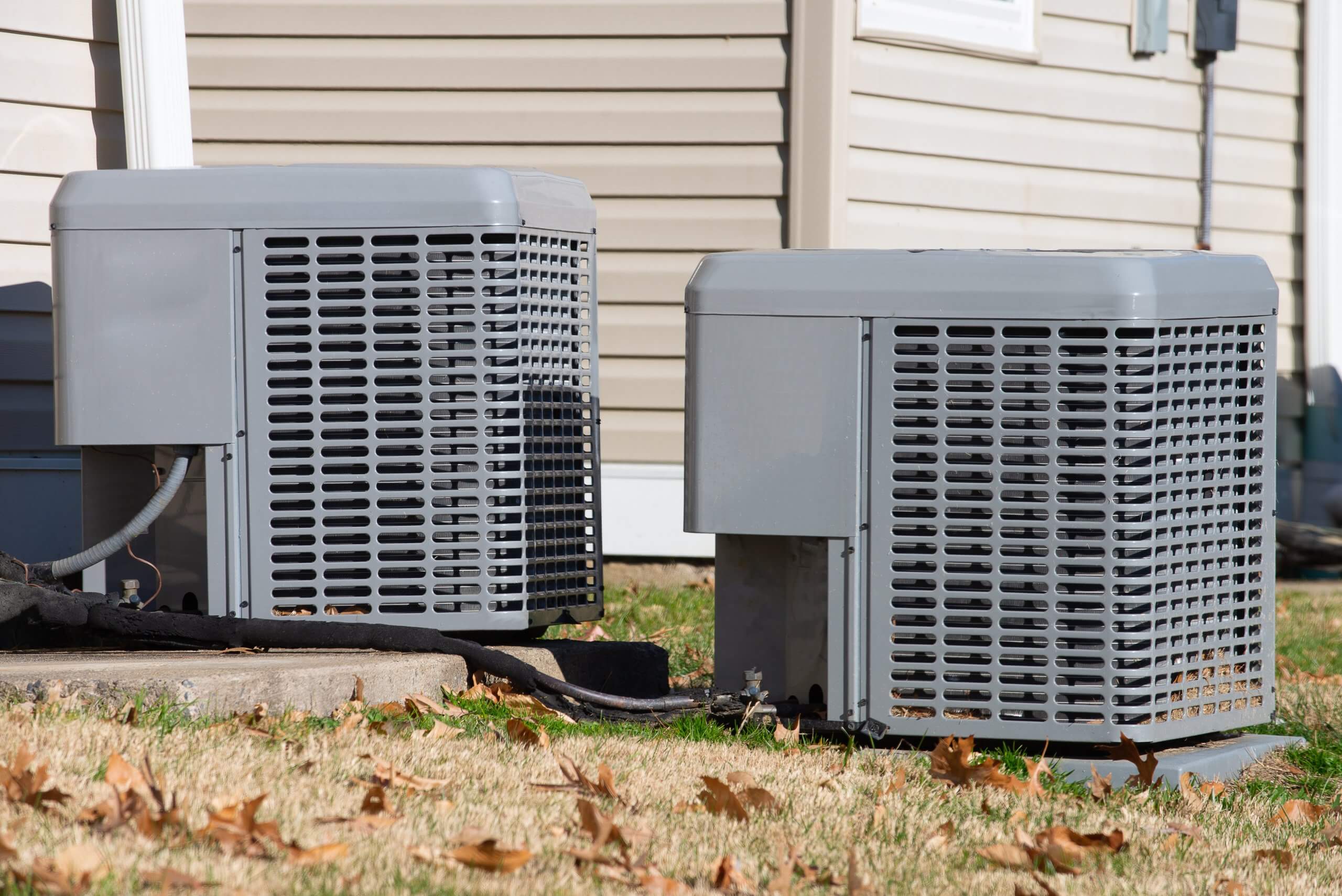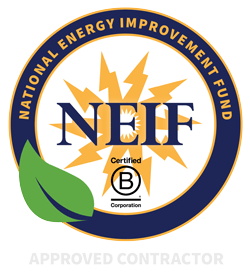How Do You Know if Your Thermostat Is Broken?
- Heating
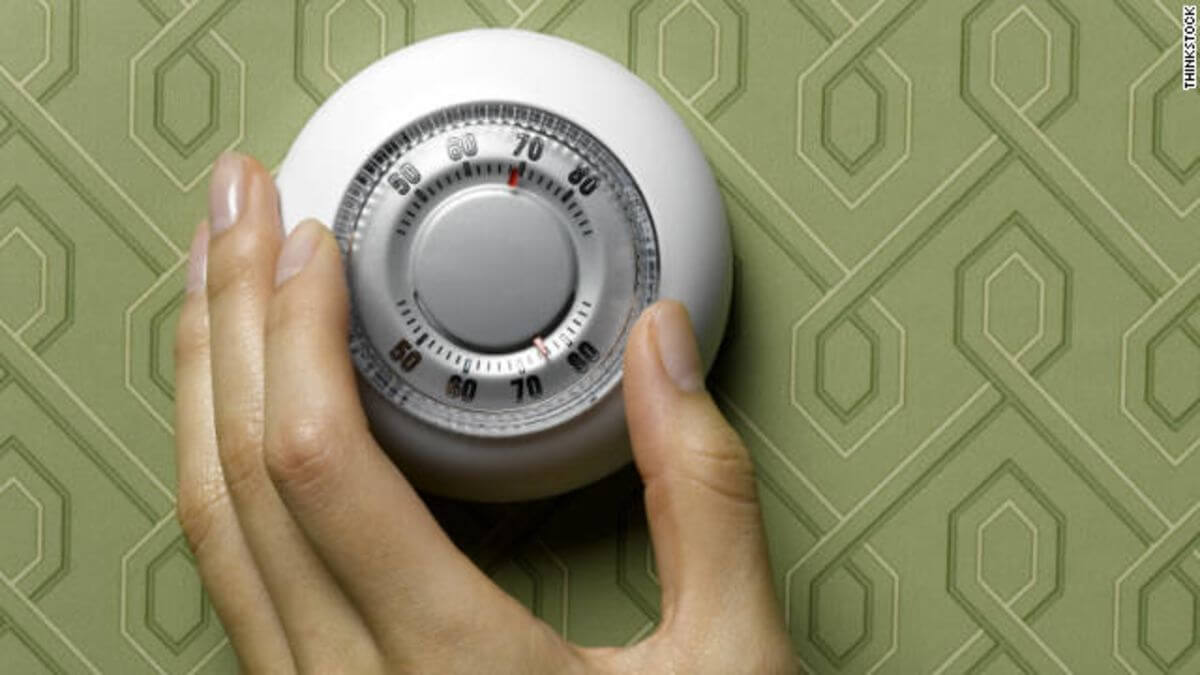
How Do You Know if Your Thermostat Is Broken?
When you notice your home’s temperature doesn’t match the setting on your device, this is often a sign that there is something wrong with your thermostat. A faulty thermostat can lead to higher energy bills, unnecessary strain on your HVAC system, and issues with your home’s temperature. Troubleshooting a broken thermostat can help you determine if you need a simple fix or professional help. This guide will walk you through common thermostat problems and what they mean for your home’s heating and cooling.

What Are the Signs of a Faulty Thermostat?
The most common sign of a problem is when your HVAC system does not turn on or off as it should. Your thermostat is the command center for your heating and cooling equipment. When it fails, it cannot properly communicate your desired temperature, leading to a system that runs constantly or one that never starts at all. Other indicators include a blank screen, unresponsive controls, or frequent and rapid cycling of your air conditioner or furnace. These issues suggest it might be time for a diagnostic check.
Why Won't My Thermostat Turn On My AC or Heat?
Your thermostat may not activate your AC or heat if it has lost power, has faulty wiring, or its internal components have failed. A simple reason could be dead batteries, so checking those first is always a good step. If changing the batteries does not solve the problem, the issue could be more complex. Internal dust and debris can sometimes interfere with connections, while incorrect installation can also cause communication failures. A malfunctioning thermostat can mimic the symptoms of larger problems, making it an important part of any air conditioning repair assessment.
Can a Bad Thermostat Cause High Electric Bills?
Yes, a faulty thermostat can absolutely lead to surprisingly high energy bills. When a thermostat has inaccurate temperature readings, it causes your HVAC system to run longer and more frequently than necessary to reach the desired setting. This constant operation, known as “short cycling” or nonstop running, consumes a significant amount of energy. Some common causes for these inaccurate readings include:
- Poor Placement: A thermostat located in direct sunlight, near a heat source like a lamp, or in a drafty area will not read your home’s average temperature correctly.
- Dust Buildup: The internal sensors can become coated with dust, which insulates them and prevents accurate temperature detection.
- Aging Components: Over time, the internal parts of the thermostat can wear out, losing their calibration and efficiency.
Addressing a broken thermostat is a key part of effective energy management and overall HVAC maintenance.
When Should I Replace My Thermostat?
You should consider replacing your thermostat if it is old, consistently malfunctioning despite basic troubleshooting, or is incompatible with a new, high-efficiency HVAC system. While some issues can be repaired, an outdated thermostat lacks the features and accuracy of modern models. Upgrading provides better temperature control, improved energy efficiency, and access to smart features that can lower your utility costs. If your thermostat requires frequent attention or is nearing a decade in age, investing in a replacement is often the most cost-effective solution. During routine maintenance and repairs, our team can help you identify opportunities for upgrades or help replace faulty parts.
Contact North Shore Home Energy for Thermostat Services
A functioning thermostat is essential for a comfortable and efficient home. Regular HVAC maintenance can help identify these issues before they become major problems. If you are experiencing thermostat trouble in Massachusetts, Maine, or New Hampshire, contact North Shore Home Energy. Our team is ready to provide expert diagnostics and solutions to keep your home comfortable all year round.

